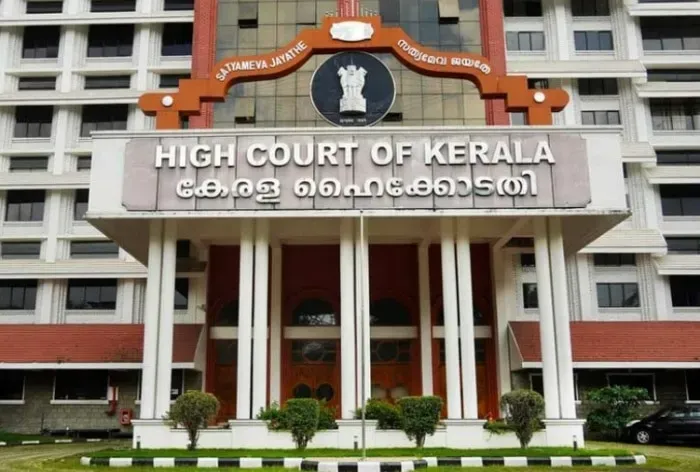The Kerala High Court recently dismissed an appeal by Asha Lawrence, daughter of the late CPI(M) veteran MM Lawrence, challenging the donation of her father's body to Ernakulam Medical College. The Division Bench, comprising Chief Justice Nitin Jamdar and Justice S. Manu, upheld the earlier decision, affirming the legality of the body donation under the Kerala Anatomy Act.
Background
MM Lawrence, a prominent CPI(M) leader and former Lok Sabha member from Idukki district, passed away on September 21, 2024, at the age of 95. Following his death, a dispute arose among his children regarding the disposition of his body. While some family members, along with the CPI(M), asserted that Lawrence had expressed a desire to donate his body to Ernakulam Medical College for medical research, his daughter, Asha Lawrence, contested this claim. She maintained that her father had not indicated any such wish and that his body should be buried according to Christian rites.
Legal Proceedings
In the initial proceedings, a Single Judge Bench of the Kerala High Court dismissed Asha Lawrence's petition, noting that the deceased had expressed his wish to donate his body in the presence of two witnesses, thereby fulfilling the requirements under Section 4A of the Kerala Anatomy Act. This section stipulates that if a person has, during their lifetime, expressed a desire to donate their body for medical purposes, such a wish should be honored posthumously.
Challenging this decision, Asha Lawrence filed an appeal before the Division Bench. She argued that the Single Bench had misinterpreted Section 4A of the Kerala Anatomy Act, contending that in the presence of a familial dispute over the body donation, the authorities should not have accepted the body without clear, unequivocal consent. She further asserted that the request for body donation should have been formally made before the appropriate authority, considering the family's objections.
High Court's Decision
After reviewing the arguments, the Division Bench dismissed the appeal, thereby upholding the Single Judge's decision. The court found that the procedural requirements under the Kerala Anatomy Act had been satisfied, given the deceased's expressed wish in the presence of witnesses. The detailed reasoning behind the court's decision is expected to be elaborated in the forthcoming detailed order.
Implications
This judgment underscores the legal recognition of an individual's autonomy concerning body donation, as outlined in the Kerala Anatomy Act. It highlights the importance of honoring the documented wishes of the deceased, even in the face of familial disputes. The court's decision reinforces the principle that expressed intentions regarding body donation, when made in accordance with legal provisions, should be respected to facilitate medical education and research.
Conclusion
The Kerala High Court's ruling in favor of donating MM Lawrence's body to Ernakulam Medical College sets a precedent in upholding the expressed wishes of individuals concerning body donation. It emphasizes adherence to the procedural requirements of the Kerala Anatomy Act and the importance of respecting the autonomy of the deceased in decisions related to body donation for medical purposes.










0 Comments
Thank you for your response. It will help us to improve in the future.